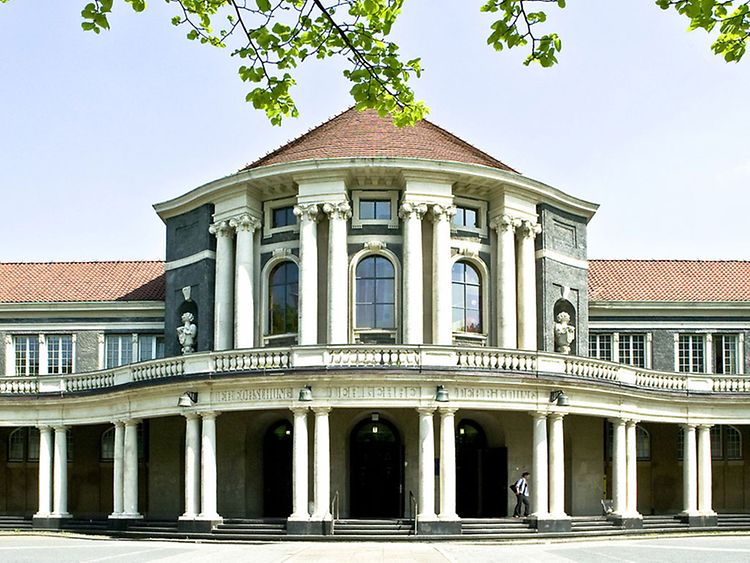The United Kingdom is an important partner for Hamburg when it comes to science and research. The current EU framework programme for research and innovation allotted an over-proportional EUR 4.6 billion of EU funds to the UK. 20% of public funding for the five top universities in the country are covered by the EU.
Apart from financial questions, rights of movement in the context of science and research as well as university cooperation will be relevant. 30% of international students in the UK are EU citizens (125,000 students). Not only does Germany represent the largest group of EU students in the UK (13,500 students), but also the largest number of foreign university staff (around 5,500 academics).
It is one of the UK’s stated goals to maintain strong ties with the EU when it comes to science and research. As a result, the offer has been made to keep the UK as a permanent member of European framework programmes.
Soft vs. hard Brexit
In case of a ‘soft’ Brexit, all Horizont 2020 projects will continue. The UK retains full participation rights and eligibility for funding.
A ‘hard’ Brexit, however, would have direct effects on how and whether of joint research projects are conducted and financed, e.g. how changes to necessary international mobility might affect the viability of a project. Despite remaining a part of Horizont 2020 and other framework programmes, the UK would be regarded as a third (or non-EU) country and would thereby lose certain privileges (e.g. coordination rights and EU funding).
With regards to financing after a ‘no-deal’ Brexit, the UK stated that:
Underwrite guarantees are granted to Horizont 2020 project applications, that have been submitted successfully by 31 October, 2019 by UK-based entities.
Extended guarantees will be granted to EU applicants within the UK before 31 October, 2019.
Universities and research facilities in the EU would face a situation in which the UK is treated as a third (non-EU) state, and current projects would accordingly become significantly more complicated to carry out. Transnational exchange programmes would have to adhere to entry and visa regulations. EU-funded research projects including the UK could face compliance problems if, for example, UK entities were no longer entitles to exercise coordinating functions. International consortial agreements would have to be renegotiated.
Fundamental delays and implementation issues with regards to legal, administrative, financial and technical aspects are probable results.
Student exchange programmes will be affected by significantly higher tuition fees for EU students. Thus German-British science and research cooperation will be dependent on the UK’s future involvement in framework programmes.
Hamburg and Brexit
All above-mentioned aspects apply fully to Hamburg’s universities and research facilities.
Future funding of EU scientists in the UK is currently uncertain; however it can be assumed that the British science community is still highly interested in maintaining strong ties with Germany. Such intent has also been communicated by the city of Hamburg, which resonated well with UK scientists.
Nevertheless, facilities in Hamburg and Great Britain agree that bureaucratic obstacles could have negative long-term effects on bilateral cooperation.
British higher education facilities will remain important partners for Hamburg’s scientific community. The Behörde für Wissenschaft, Forschung und Gleichstellung (the 'Agency for Science, Research and Equality') is in close contact with Hamburg’s universities and research facilities concerning all Brexit-related questions.
Despite general discomfiture, a scientific exodus has not taken place. On the contrary, the UK has joined the operating consortium of the European XFEL.





